How To Fix Car Acceleration Problems
Drivers may find car acceleration issues to be both annoying and worrisome. Acceleration problems can show themselves in a number of ways, including slow acceleration, hesitations, stalling, or a discernible loss of power. Thankfully, there are several acceleration issues with observable causes and fixes that may be taken care of without requiring expert mechanical assistance. This post will discuss some typical issues with automobile acceleration and offer a detailed how-to for identifying and resolving them. This article will let you know how to fix car acceleration problems.
How To Fix Car Acceleration Problems
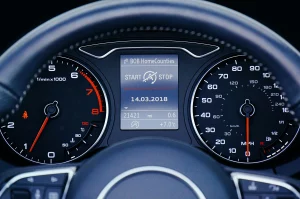
Check For an obvious issue
It’s important to rule out straightforward issues that are simple to see before attempting more involved diagnostic procedures. Examine the following to start:
Check the fuel level:
Poor acceleration may result from limited gasoline. Make sure there is sufficient gasoline in your car.
Examine The Air Filter:
Acceleration may be impacted by an air filter that is obstructed or unclean. If the air filter seems dusty or hasn’t been changed in accordance with the manufacturer’s instructions, replace it.
Inspect the throttle body:
The airflow into the engine is controlled by the throttle body. A throttle body that is unclean or broken might make acceleration difficult. Use the proper cleaning to clean the throttle body, or hire someone to do it for you.
Dirty Air Filter
Although the air filter keeps particles out of your engine’s intake, it might clog with time. Your automobile won’t accelerate as smoothly if air can’t flow through the filter. So the air filter should be cleaned regularly for the better performance of the car.

Scan For Diagnostic Trouble Codes (DTS)
A variety of systems and components are monitored by the onboard diagnostic system found in modern cars. Diagnostic Trouble Codes (DTCs) can be retrieved from the vehicle’s computer by using a scan tool. These codes might offer insightful information about the particular problems impacting acceleration. Oxygen sensors, throttle position sensors, and mass air flow sensors are common sources of codes associated with acceleration issues.
Check The Mass Air Flow (MAF) Sensor
The engine control module (ECM) receives data from the MAF sensor, which gauges the quantity of air entering the engine. Bad acceleration may be caused by a malfunctioning MAF sensor. Examining the MAF sensor:
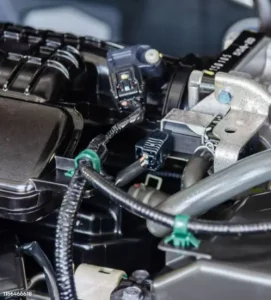
- Find the air intake system’s MAF sensor.
- Examine the sensor for damage, dirt, or debris.
- Use a dedicated MAF cleaner to clean the MAF sensor.
- You should think about replacing the MAF sensor if the issue continues.
Defective Oxygen Sensor
Based on the data it takes of the oxygen levels flowing through your exhaust system, the oxygen sensor regulates how much gasoline your engine needs. Your engine will overcompensate to address the incorrect reading from the sensor, which will cause your acceleration to seem more delayed.
Inspect The Throttle Position Sensor (TPS)
The TPS informs the ECM of the throttle position, which affects acceleration and fuel delivery. Acceleration problems may arise from a faulty TPS. To verify the TPS:
- Find the throttle body’s TPS.
- As you gradually open and shut the throttle, use a multimeter to measure the voltage output.
- Change the TPS if the voltage measurements are irregular or fall outside the specified range.
Evaluate The Oxygen Sensor
In order to assist the ECM in adjusting the fuel-air mixture, oxygen sensors measure the amount of oxygen in the exhaust gases. Erroneous oxygen sensors may affect the acceleration. To examine the oxygen sensors:
- Track the oxygen sensor data using a scan tool.
- Change any failed or inconsistently reading sensors.
Examine The Fuel System
Acceleration may be hampered by fuel system problems, such as a blocked fuel filter or a broken fuel pump. Check the following:
- If the gasoline filter hasn’t been changed yet, follow the manufacturer’s instructions and replace it.
- A fuel pressure gauge may be used to check the fuel pressure. A faulty fuel pump might be the cause of low fuel pressure.
Timing Belt Malfunction
Your engine’s timing belt keeps the pistons operating smoothly and steadily. Your engine may skip when the timing belt is unclean or broken, causing it to run out of sync. The timing belt in your engine maintains the pistons’ steady and smooth operation. When the timing belt is dirty or damaged, your engine may skip and run out of rhythm.
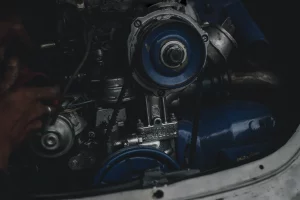
Inspect The Ignition System
Acceleration may be impacted by misfires caused by an ignition system malfunction. Examine the following elements:
- Spark Plugs: Check for wear and fouling, and replace the spark plugs as necessary.
- Ignition Coils: Make sure the coils are operating properly by testing them. Fix any malfunctioning coils.
Transmission Issue
Transmission issues may also be connected to acceleration issues. Verify the condition and level of the gearbox fluid. Change the gearbox fluid or get it professionally serviced if it is low on fluid or unclean.
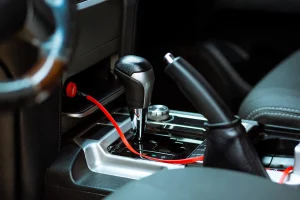
Damaged Spark Plugs Or Ignition Wires
When spark plugs malfunction, your engine may stutter or delay when accelerating because they ignite the gasoline. It’s possible that the wiring supplying your car’s ignition is outdated or broken, which will reduce the spark’s ability to ignite the gasoline.
- Hard starts, poor gas mileage, and engine misfires are all frequently caused by faulty ignition wiring or spark plugs.
Failed Catalytic Converter
The exhaust from your car is cleaned of dangerous substances by the catalytic converter before it exits. When you step on the throttle, your acceleration may seem erratic or jerky if your catalytic converter is having problems.
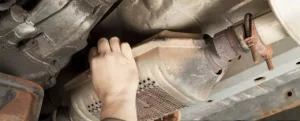
A strong sulfuric smell, decreased fuel economy, and difficulty starting your car are signs of a malfunctioning catalytic converter.
Car acceleration difficulties must be resolved using a methodical strategy that finds and fixes the underlying causes. You can frequently diagnose and resolve acceleration problems on your own without the help of a mechanic by looking for evident flaws, checking for DTCs, and examining important parts like the MAF sensor, TPS, oxygen sensors, fuel system, and ignition system. However, it is best to seek the advice of a trained technician if issues continue or if you feel uneasy about the diagnostic and repair procedure. An experience behind the wheel that is smoother and more dependable may be achieved with routine maintenance and fast treatment to acceleration problems.

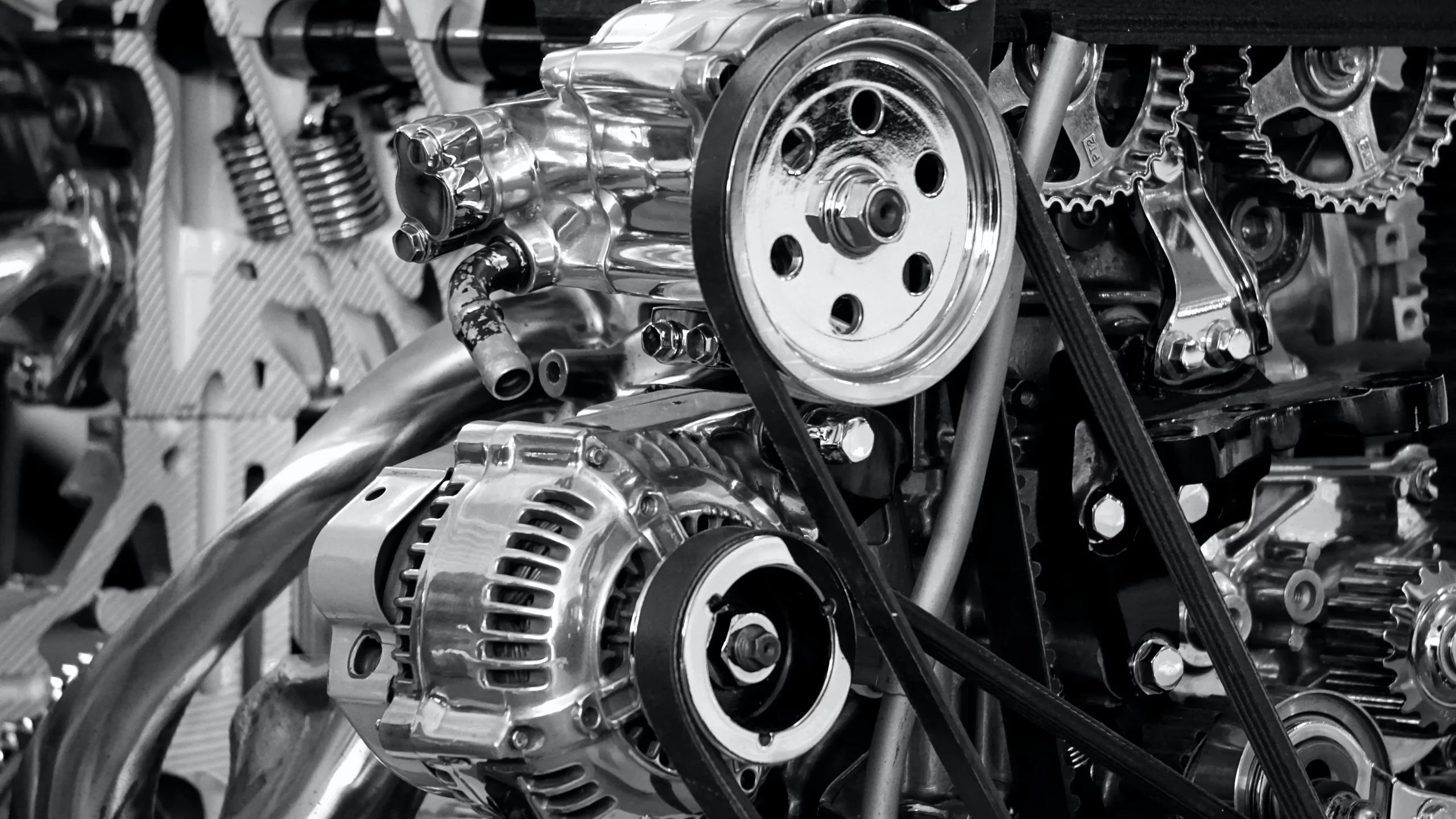


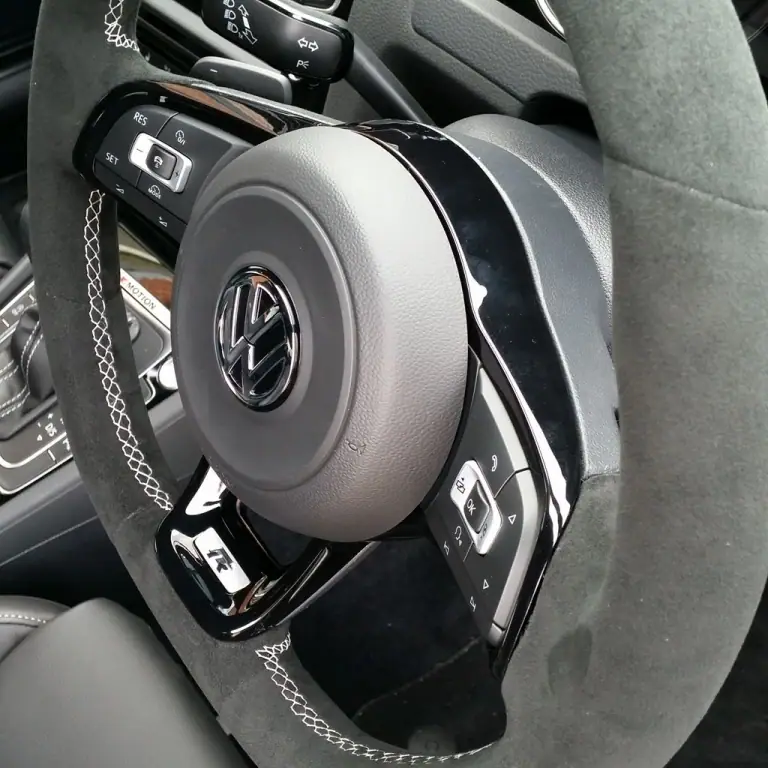
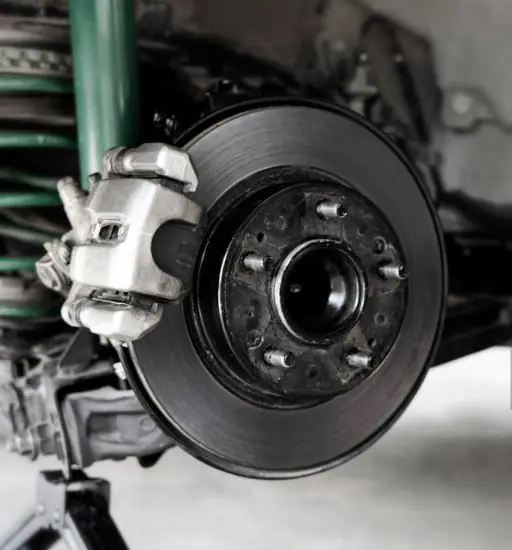
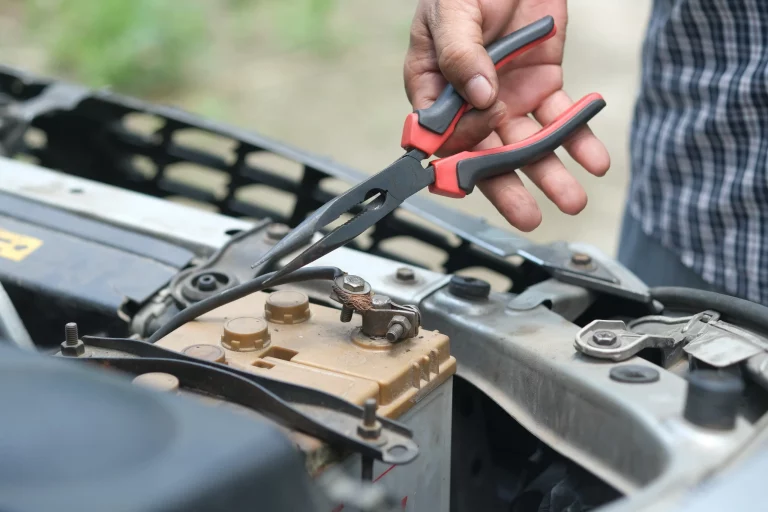

4 Comments